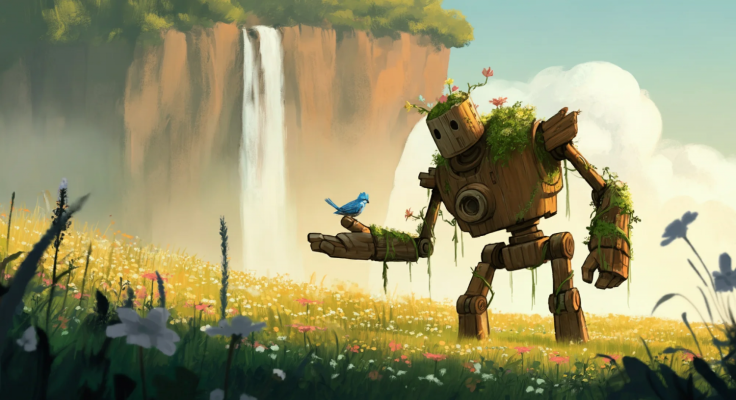Google has debuted its own video AI generator, Veo, to compete against OpenAI's Sora potentially.
During its annual I/O conference, the tech giant announced the release of a new AI video synthesis model that can produce over a minute-long 1080p HD clips from text, images, and video prompts.

Targeted more towards filmmakers, Google touted Veo as capable of understanding filmmaking terms like "timelapse" or "aerial shots of a landscape" to produce cinematic techniques and visual effects for both stylistic and near-realistic shots.
The AI is reportedly also able to simulate "the physics of our world" and provide "an unprecedented level of creative control" in the making of the shots.
The company even collaborated with filmmaker, musician, and actor Donald Glover (Childish Gambino) and his studio Gilga to demonstrate the capabilities of the technology.
Google's demo came over three months after OpenAI debuted Sora, taking the AI industry by storm due to its near-realistic video generation capabilities.
OpenAI was recently reported of wooing Hollywood studio executives to bring AI into their business models, a direction Google seems to be going towards too.
Google's Veo Remains Bounded by AI's Limitations
Despite Google's promises for Veo, the video generator only further highlights the current limitations of generative AI for filmmaking.
Based on the demos available, Veo is only capable of generating slow panning one-scene shots, a far contrast to the several filming and cinematic techniques human filmmakers use regularly.
A recent music video fully commissioned from Sora also exhibited the same flaws as details on the clips became warped during fast transitions and environments where multiple objects are moving at the same time.
In a sense, the AIs, as of now, are mainly capable of producing still shots to establish the scene rather than as a tool that can produce an entire film or show.
Google Promises to Improve AI Safety Guardrails for Veo
As with all new AI models released, Google promised to be "mindful" in the development of its new AI models amid growing risks brought by the technology.
It can be remembered that the company's Gemini AI, where Veo was founded, was previously criticized for generating racially inaccurate historical figures, forcing the company to pause the chatbot's image generator feature.
Digital experts have earlier expressed concerns about the rise of AI video generators to people's access to digital information as the rise of deepfakes could only worsen disinformation on online platforms.
Google said it will continue conducting "safety tests, applying filters, setting guardrails, and putting our safety teams at the center of development" before fully releasing Veo to the public.









